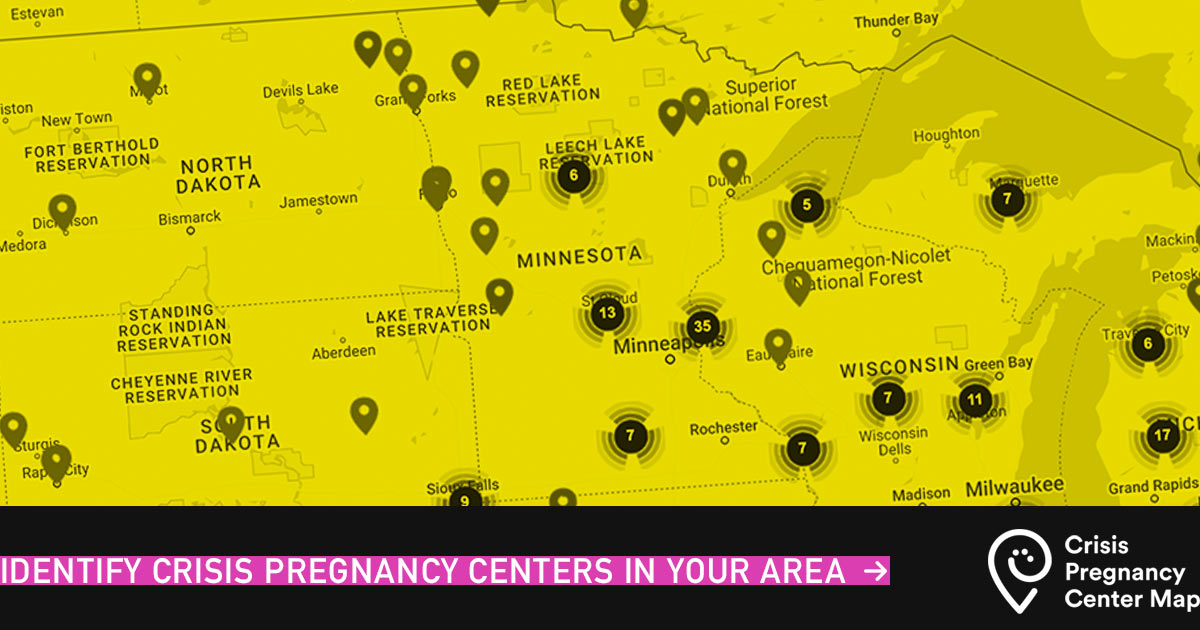Get Involved and More Resources
Learn More
- Listen to the Gender Justice Brief’s podcast episode on crisis pregnancy centers!
- Read the Designed to Deceive study on crisis pregnancy centers, made possible by our team at Gender Justice and our partners in The Alliance: State Advocates for Women’s Rights and Gender Equality.
- Read Minnesota Attorney General’s consumer alert warning about CPCs.
- Read Gender Justice’s press release regarding the Campaign for Accountability’s complaint filed with the Attorney General about CPC’s misleading privacy practices.
Share Your Story
Take Action
- Sign up for updates and action alerts from UnRestrict Minnesota.
- Attend a protest against crisis pregnancy centers with the Minnesota Abortion Action Committee.
- Check out Expose Fake Clinics for ways to alert your community about crisis pregnancy centers in your area.
Report Deceptive Practices at Anti-Abortion Centers
If you think you have been harmed by deceptive practices or harassment at a fake clinic, you can request legal assistance from Gender Justice, the organizational home of UnRestrict Minnesota.
If you have information or concerns about any CPC that may be providing deceptive or inaccurate information, you should contact the Minnesota Attorney General at:
- (651) 296-3353 (Metro Area)
- (800) 657-3787 (Greater Minnesota)
- (800) 627-3529 (Minnesota Relay)
- Consumer Assistance Request
Report unethical care from a medical professional:


